Thomas Ranch
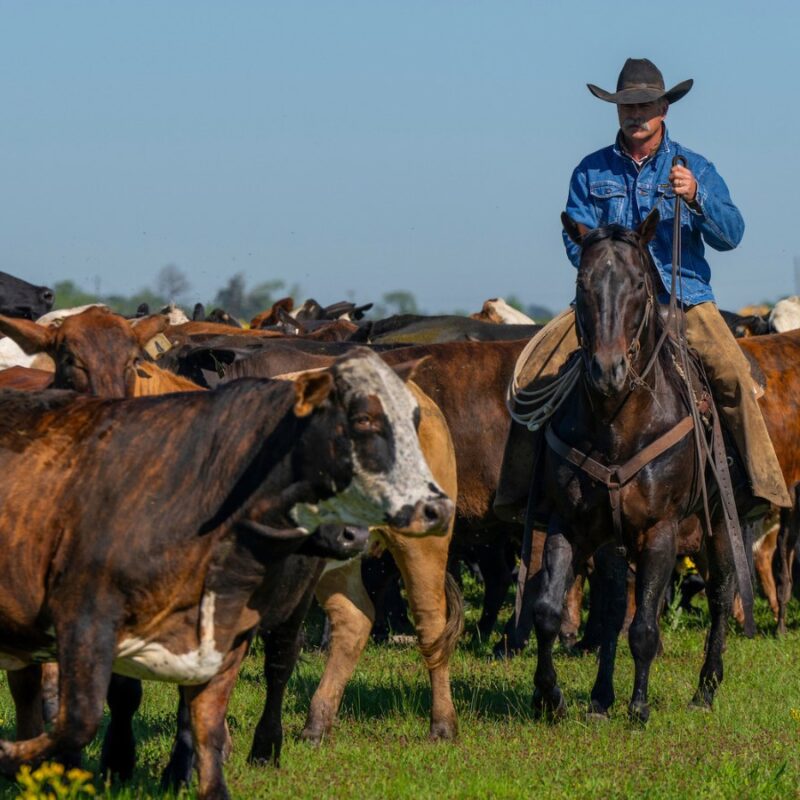
A Retreat for Teaching and Research in the Sustainability of Natural Resources
Just south of Richards, split between Montgomery and Grimes counties, the Thomas Ranch provides a natural space for research and teaching.
Operated by Texas A&M AgriLife Research, Thomas Ranch’s programs span many interconnected disciplines. Their common goal is a thriving ecological balance that supports economies, environments and health.
Research at Thomas Ranch emphasizes range science, animal science, wildlife management, viticulture, and timber production and management.
It serves as a setting for connecting urban communities to important agricultural systems, while its theater, organ and pianos provide opportunities for arts experiences.
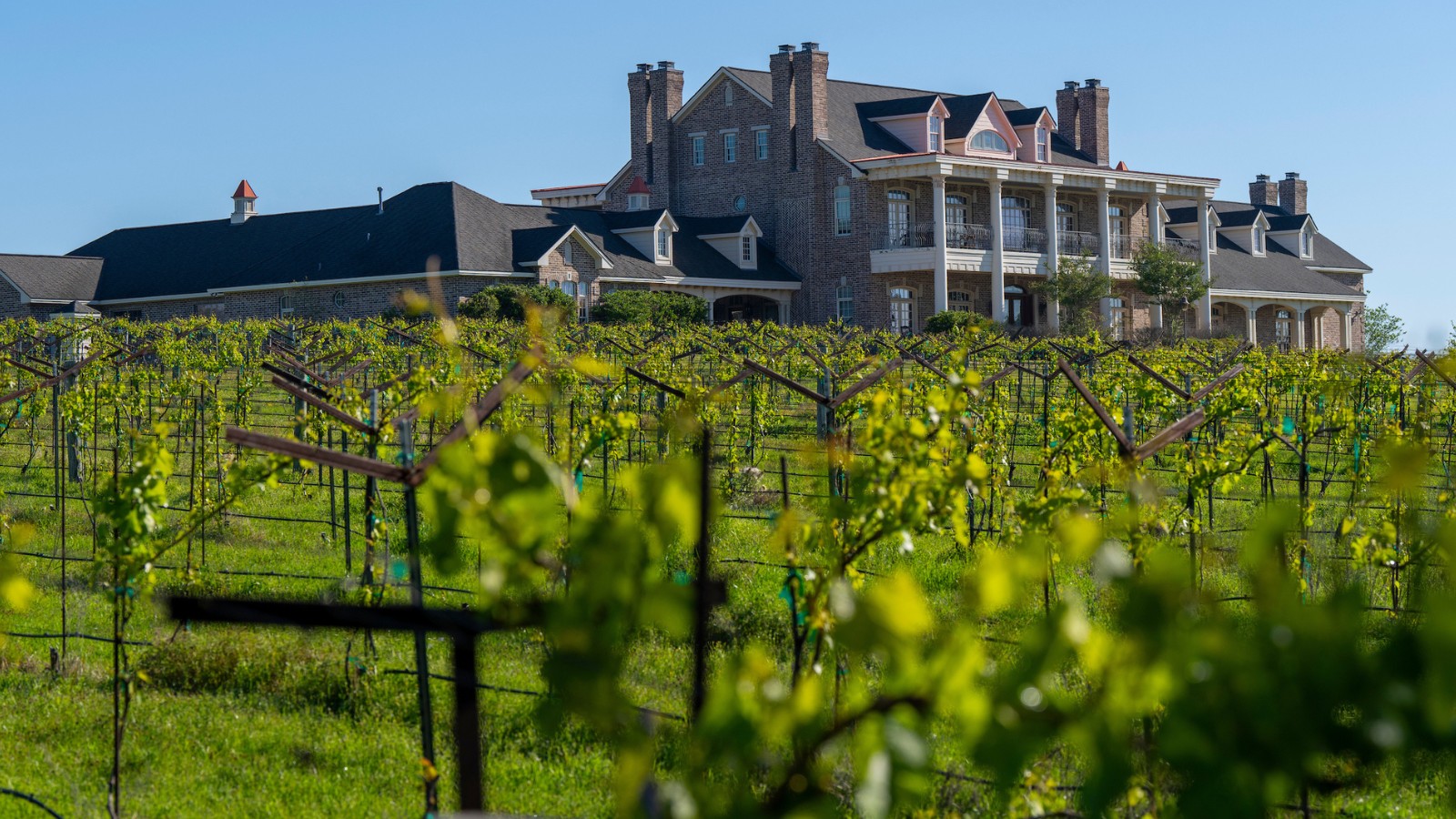
On-Site: Features of the Thomas Ranch
- 2,281.27 acres in Grimes and Montgomery counties
- Over 300 head of Brahman-influenced cows
- Improved livestock handling facilities
- 7.15-acre vineyard with Spanish Lenoir grapes for red wine and Blanc du Bois for white
- 11,000 sq. ft. home
- Concert hall for 150 people
- Small and large group meeting spaces (indoor and outdoor)
Background
AgriLife Research acquired the Thomas Ranch in a 2023 donation from the property’s late owner Bill Thomas ’68.
Before the donation, Thomas’s family had been ranching on the land for more than 70 years. While he had earned a master’s degree in public school administration from Texas A&M University in 1968, ranching was his life’s work.
Thomas was well-versed in the agricultural history of the region, and he was known to have taken great pride in being part of the third generation to call the lush grasslands and piney woods of the Thomas Ranch home.
Read more about Bill Thomas in a 2017 article from the Texas A&M Foundation titled “the Renaissance Rancher.”
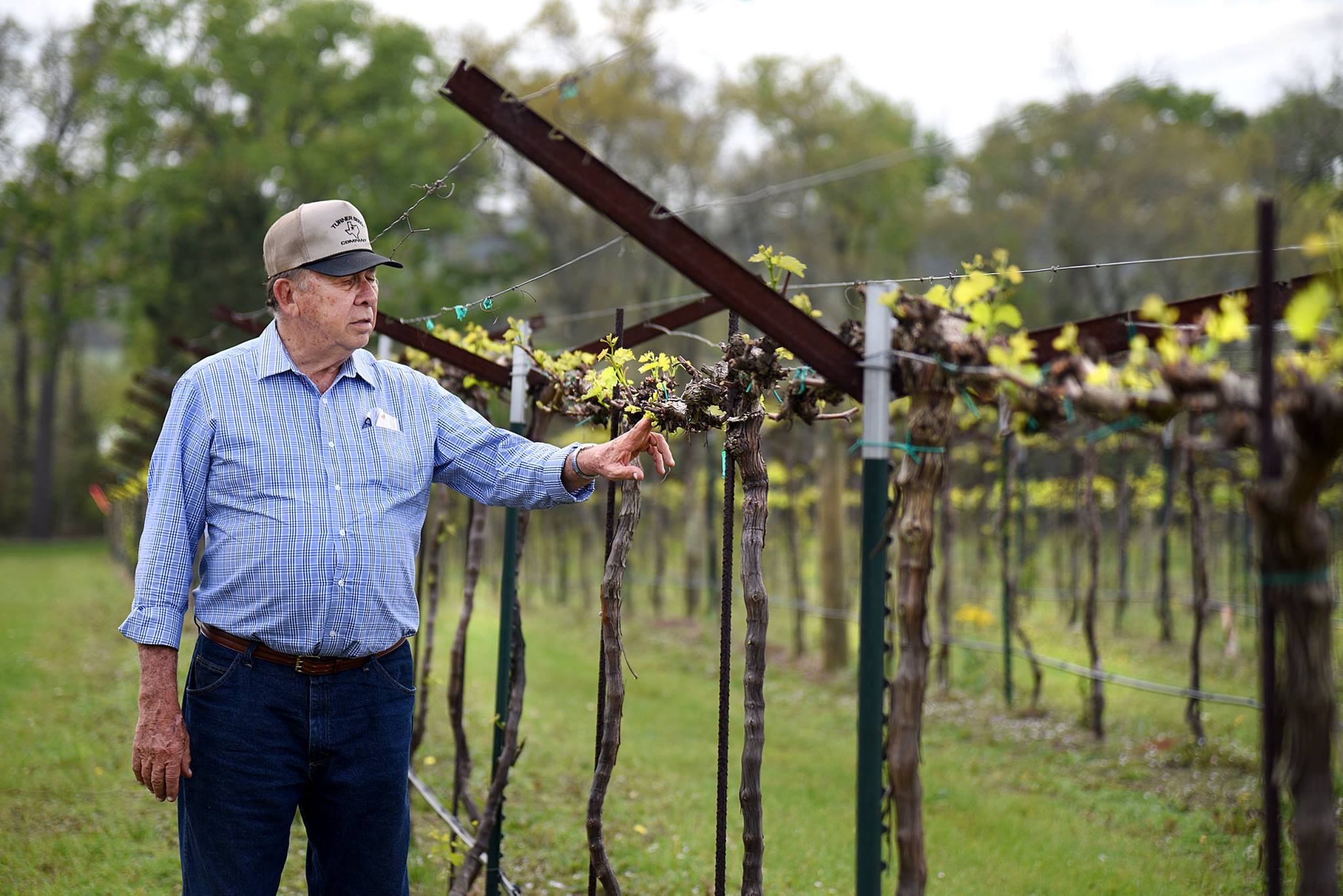
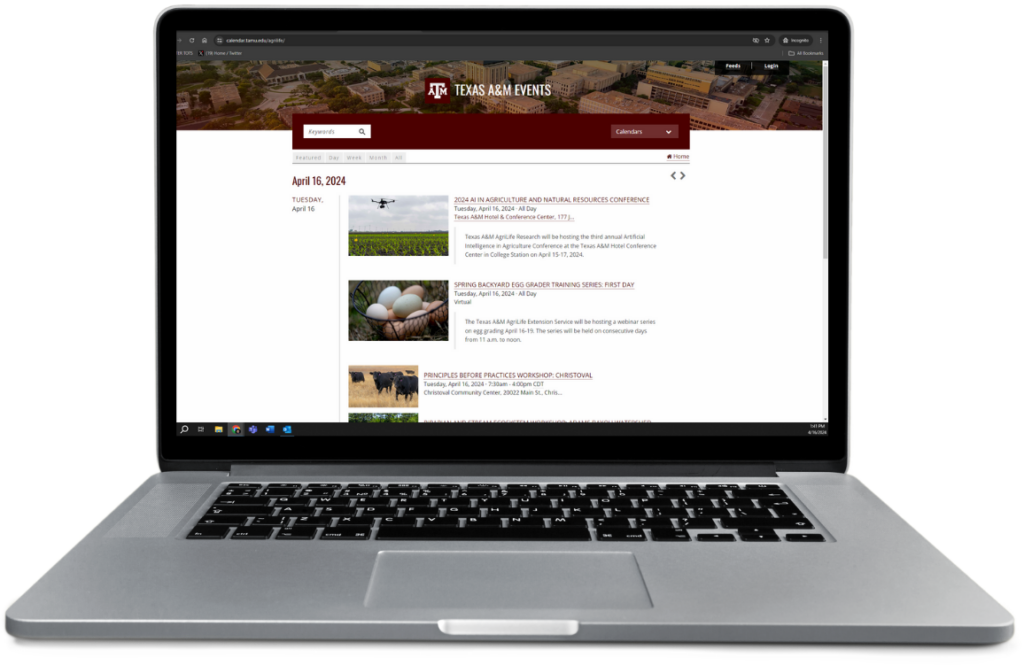
Events at the Thomas Ranch
Browse the Texas A&M Events calendar online for upcoming events that you can join at the Thomas Ranch.
Contact the Thomas Ranch
10365 Summer Lane, Anderson, TX 77830
Matt Nichols, Program Manager
Tel: 979-450-0335 • Send us an email
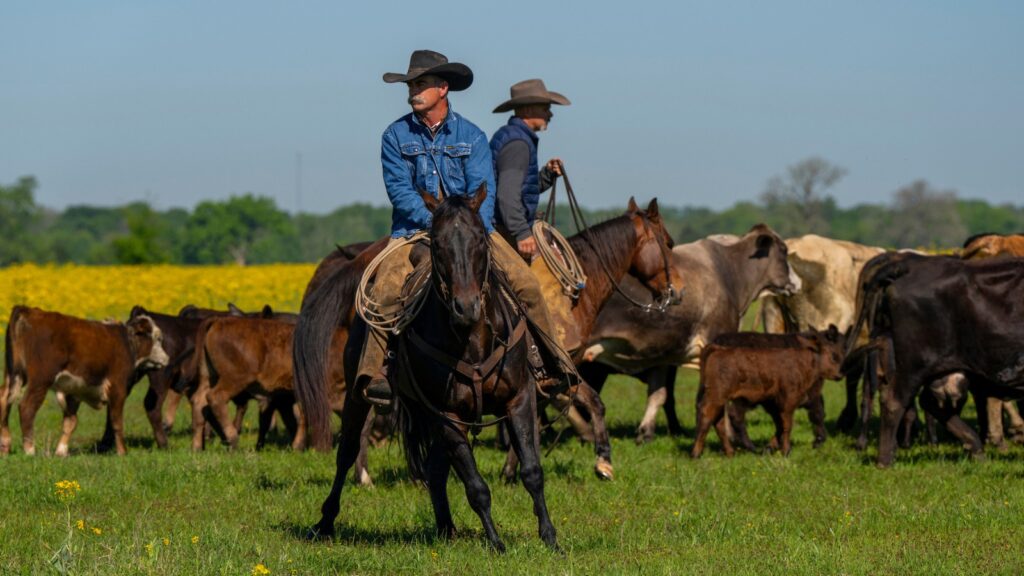


The Thomas Ranch continues to increase its role as an integral part of how we live in harmony and thrive with healthy natural resources that are so important to Texans and Texas economies.